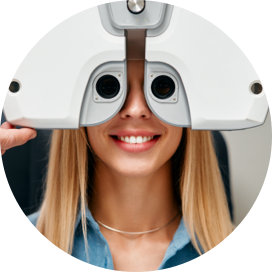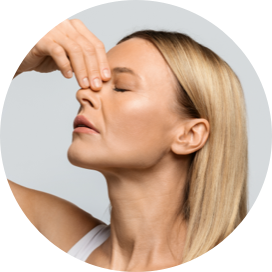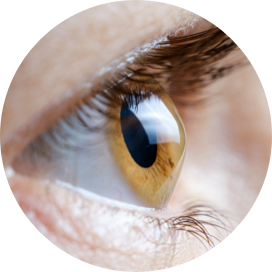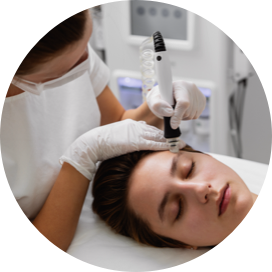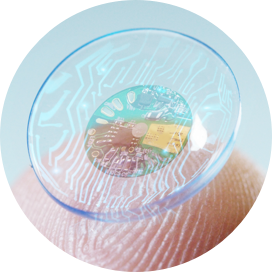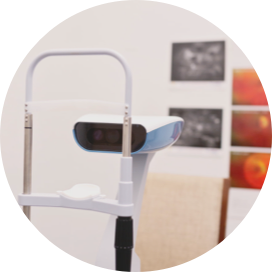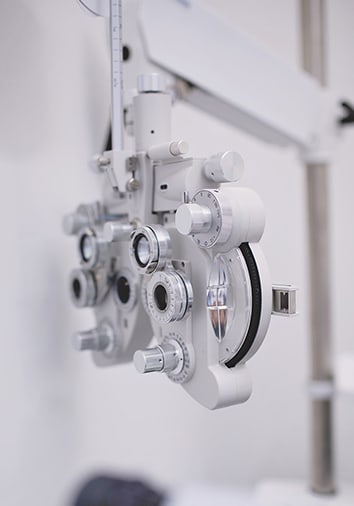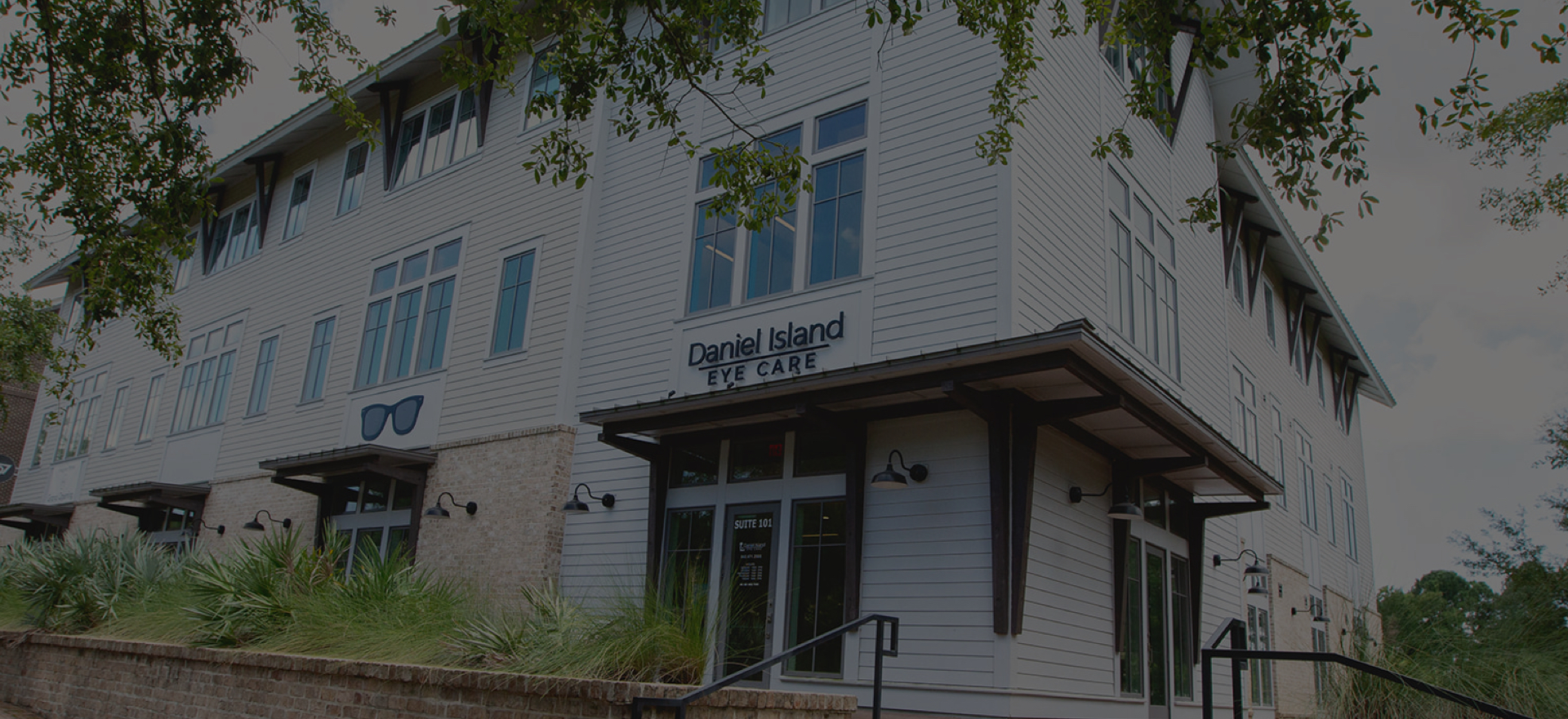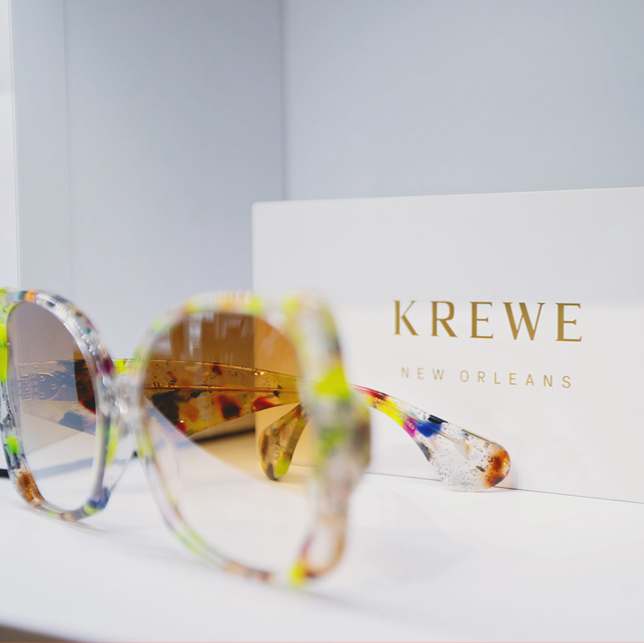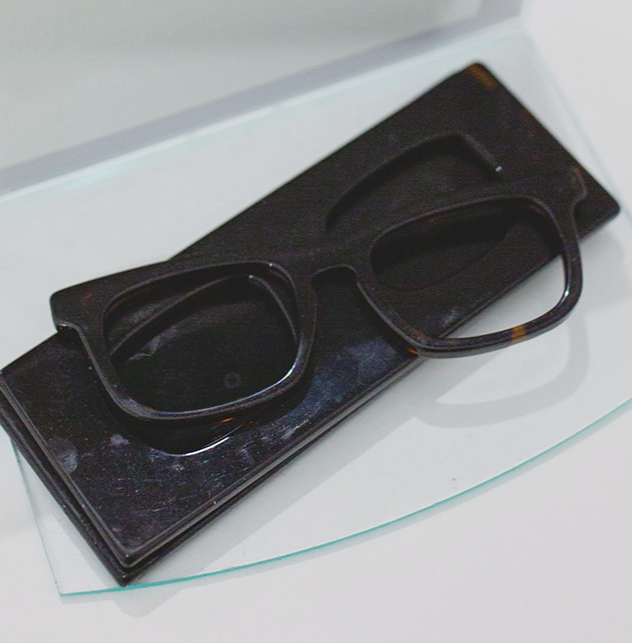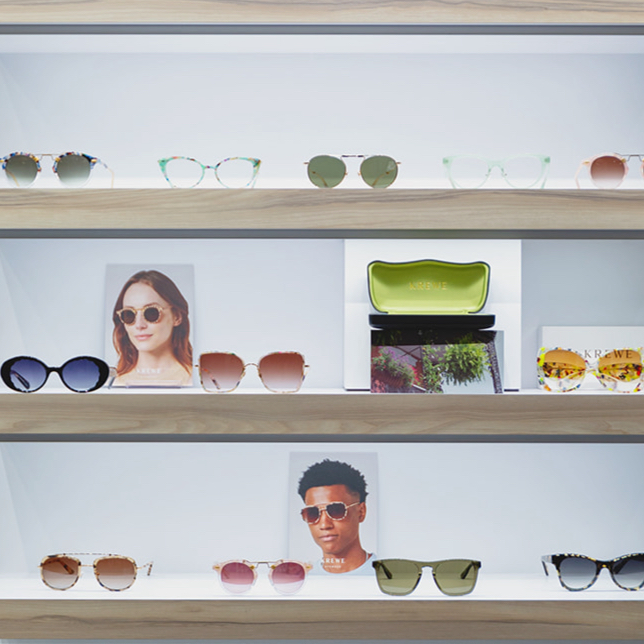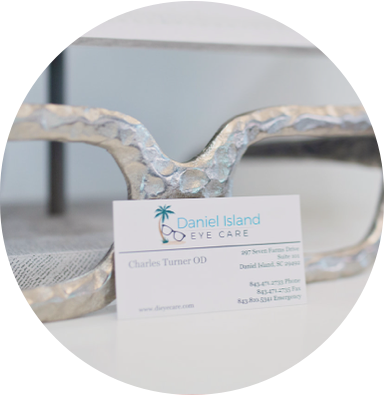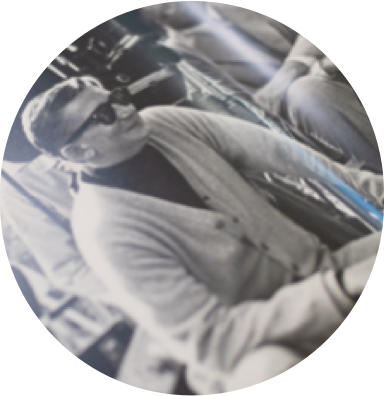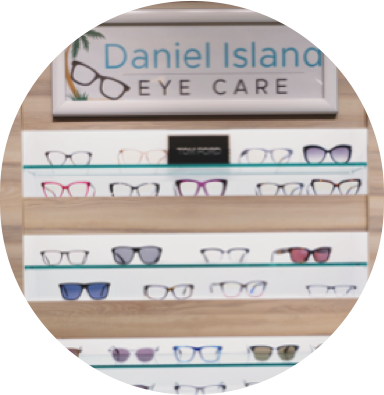It’s no mystery that proper sleep is vital for many aspects of our health. A lack of sleep could lead to problems such as dry eye because the eyes do not get adequate time to rest and restore themselves. This lack of rejuvenation can lead to a lack of tear production or poor-quality tears.
If you suspect your sleeping habits are causing uncomfortable symptoms, we’re reviewing dry eye below and other ocular problems connected to a lack of sleep.
Remember that even if you’re fairly certain what the issue is, it’s important to see your eye doctor for an eye exam to rule out any other underlying problems causing your dry eyes.
What Is Dry Eye Disease?
As the name implies, dry eyes are one of the primary symptoms of dry eye disease. This condition is typically referred to as simply dry eye. The symptoms of dry eye are usually brought on by a lack of tears or poor-quality tears in the eyes.
Some people only deal with dry eyes seasonally, around allergy season, for example. Whereas many other people struggle with the uncomfortable symptoms of dry eye year-round. These cases typically require an eye doctor’s intervention.
Symptoms of Dry Eye
Dryness is one of the most prominent symptoms, hence the name. But several other symptoms can accompany the dryness:
- A stingy or burning feeling
- Feeling like there is something in your eye
- Watering eyes
- Mucusy, stringy discharge
- Struggling with night vision
- Sensitivity to light
- Blurry vision
- Red eyes
- Difficulty with contact lenses
Causes of Dry Eyes
A lack of tears (aqueous deficiency) and premature evaporation (evaporative) of the tears are the two major subtypes of dry eye. There is a substantial amount of overlap in causes between the two.
Causes for dry eye include:
- Allergies
- Allergy medication
- Wind, smoke, dry air, or other environmental factors
- Certain diseases and conditions like many autoimmune disorders, Sjogren’s syndrome, or a vitamin A deficiency
- Age
- Medications like hormone replacement therapy, high blood pressure meds, or birth control
- Not enough blinking
- Posterior blepharitis or meibomian gland dysfunction (MGD)
- Eye drop preservatives
Dry Eye Treatment
Regardless of the form of dry eye, lubricating drops are often a highly successful treatment. If you have chronic dry eye, you’ll want to ensure you’re using preservative-free eye drops. That way, you avoid the problem you’re trying to solve. The preservatives in many eye drops may cause irritation and dry eyes with long-term use.
Some other dry eye therapies include:
- Prescription eye drops: If over-the-counter eye drops aren’t bringing you the relief you need. Discussing a prescription eye drop may be beneficial. The eye doctor may recommend an eye drop to stimulate tear production or potentially one to reduce inflammation from the dryness.
- Eyelid scrub: A thorough cleaning of the eyelids is a great treatment for MGD, which is a leading cause of evaporative dry eye. This is something that you can do from home if your eye doctor thinks you’ll benefit from it. Alternatively, some offices offer a professional eye scrub or manual meibomian gland stimulation as a service.
- Specialty contact lenses: Contact lenses aren’t typically an option when it comes to dry eye. But scleral lenses are a special contact lens that could be an option. They span the iris and feature a pocket of liquid, which helps combat the dryness further.
- OptiLight by Lumenis: OptiLight is proudly offered as a treatment option at Daniel Island Eye Care. This non-intrusive, light-based treatment works by using light to reduce inflammation and improve meibomian gland function.
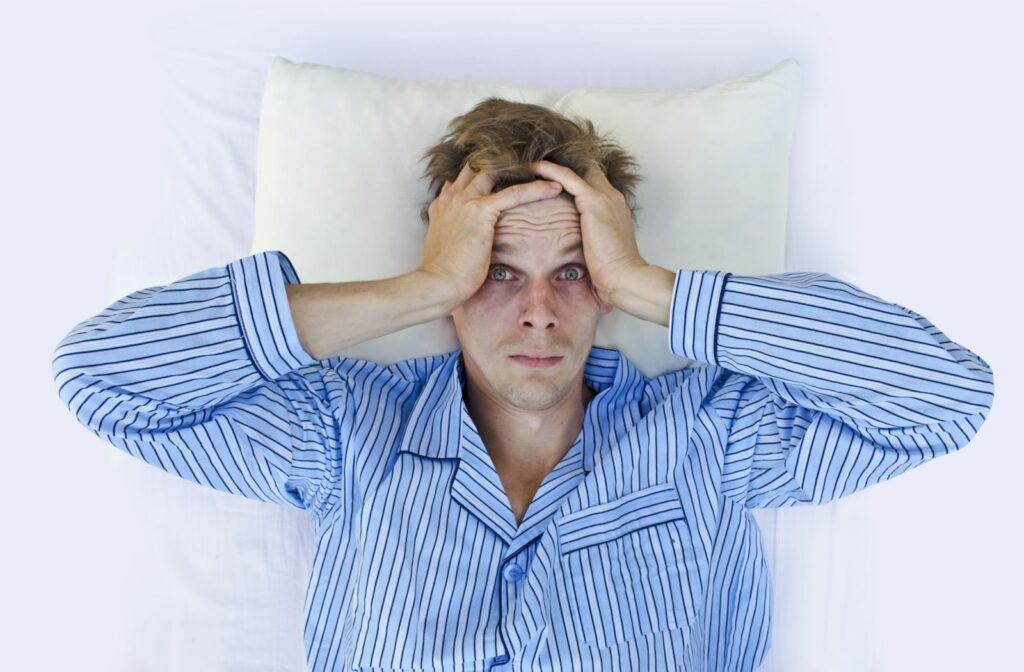
How Does Sleep Affect Your Eyes?
The amount of sleep we get affects our eyes more than is apparent. You’ve probably noticed irritated, bloodshot eyes if you’ve ever had a bad night’s sleep. This could have been primarily because of how dry your eyes were from the lack of tears.
Other eye problems that can come from a lack of sleep include:
- Research indicates that sleep apnea puts the individual at a higher risk for glaucoma. On a related topic, it’s possible for the eye doctor to see signs of sleep apnea during a comprehensive eye exam.
- Eye spasms or twitching are also relatively common problems from lack of sleep. Fortunately, these are typically fixed by getting enough sleep.
Discuss Your Dry Eyes With the Eye Doctor
Don’t let dry eyes affect your life. If sleep is the issue, it’s a good idea to see a doctor. A lack of sleep can involve much more in your body than your eyes. But if you’re getting a healthy amount of sleep, there may be something more going on.
Talk to the Daniel Island Eye Care team today. Our staff is happy to answer your questions. You can book an exam with one of our eye doctors at a convenient time in Daniel Island, Charleston.


